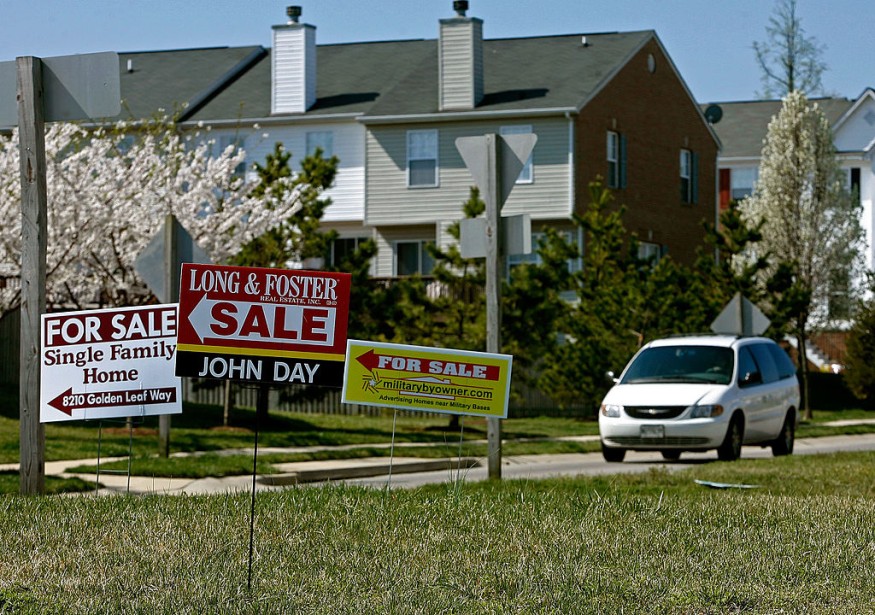
Higher mortgage rates, a lack of supply of homes for sale, and soaring home prices have created major hurdles for potential homebuyers in recent years. These challenges have pushed homeownership out of reach for many hopefuls, forcing them to delay their plans and rent instead.
With Donald Trump's recent win in the presidential election and the end of the year approaching, many buyers and sellers are watching the housing market for any signs of change. Here is what experts believe could happen to the country's real estate market in 2025.
On Mortgage Rates
As of the week ending Nov. 7, the contract rate for the 30-year mortgage term settled at 6.79%, marking another week of continuous increases since early October, according to data from Freddie Mac's Primary Mortgage Market Survey.
The rise in mortgage rates came even after the Federal Reserve cut its interest rate in September, which experts expected would also influence a decline in mortgage rates. This is due in part to a strong economy and an increasing 10-year Treasury yield.
For 2025, the Fed is expected to make several cuts to its federal funds rate. This could bring down rates to as low as 5.6% (as forecasted by Fannie Mae) or 5.9% (according to the Mortgage Bankers Association) by next year's fourth quarter, as reported by Yahoo Finance.
On Home Prices
As of September, the median sale price of a typical single-family home in the US was $427,989, per Redfin. That represents a 3.9% increase from the same month in the previous year. The median price varies depending on the metro area.
Next year, home prices are expected to continue climbing, further exacerbating the country's housing affordability challenges.
"Inventory is increasing, [but] nationwide, there's still a housing shortage and significant pent-up demand," loanDepot's sales manager, Debbie Calixto, said.
Apart from a shortage in supply, many buyers are expected to re-enter the real estate market next year. This competition could lead to a greater demand, which would drive home costs up.
That said, some experts believe home prices could drop in some metro areas, particularly in vacation and retirement areas where remote workers---who would now likely be called back into the office---bought homes during the COVID-19 pandemic.
© 2026 Realty Today All rights reserved. Do not reproduce without permission.



